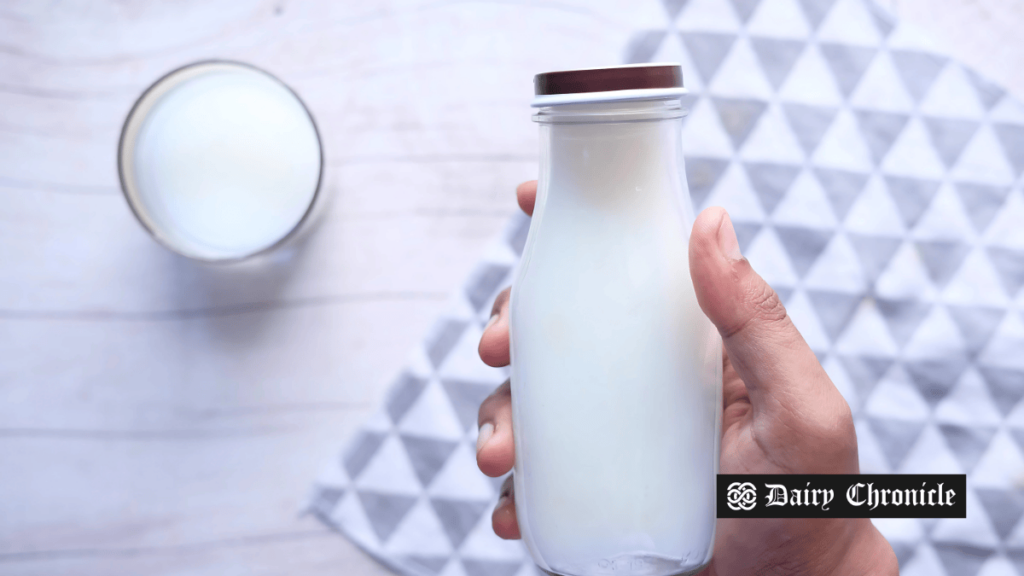The Pakistani government is facing backlash from the dairy industry over the imposition of an 18% sales tax on packaged milk. Industry stakeholders argue that the tax has led to soaring prices, reduced sales, and increased reliance on unsafe loose milk, posing risks to public health and the economy.
The Pakistani government has come under intense criticism from the dairy industry following its imposition of an 18% sales tax on packaged milk. The tax, deemed the highest globally on branded milk, has led to significant price hikes, a decline in sales, and increased reliance on unregulated loose milk, raising serious public health concerns.
On February 22, Finance Minister Muhammad Aurangzeb met with representatives from the Pakistan Dairy Association (PDA), the leading body for the packaged milk sector, to discuss the controversial tax. The PDA urged the government to lower the tax to 5%, citing international benchmarks where milk is either tax-free or taxed at minimal rates.
The 18% sales tax was initially introduced as part of a broader fiscal strategy aimed at generating Rs50 billion in additional revenue. However, since its implementation, the tax has caused a 20% drop in sales volume and forced the closure of nearly 500 milk collection centers. Industry leaders warn that the policy is pushing consumers toward unsafe loose milk, with a recent study revealing that 45% of unregulated milk samples were unfit for consumption.
Prime Minister Shehbaz Sharif’s decision to enforce the tax has resulted in milk prices soaring by Rs70 per kg, reflecting a 28% increase. This sharp price hike has disproportionately impacted low-income consumers, with 64% of packaged milk buyers earning below Rs50,000 per month—an income bracket typically exempt from direct taxation.
Comparisons with global taxation policies highlight Pakistan’s stark deviation. Countries such as the United States and Canada impose zero tax on milk, while Sri Lanka and the United Kingdom levy 8% and 9%, respectively. Industry leaders argue that Pakistan’s high tax rate discourages formal dairy production and threatens food security, particularly in a country where 40% of children suffer from malnutrition and stunted growth.
While the government has pledged to reassess the tax, industry experts remain skeptical about immediate relief. If no changes are made, further closures, job losses, and increased consumer hardship are expected. The debate continues as stakeholders push for policy amendments to balance fiscal objectives with economic stability and public health concerns.
